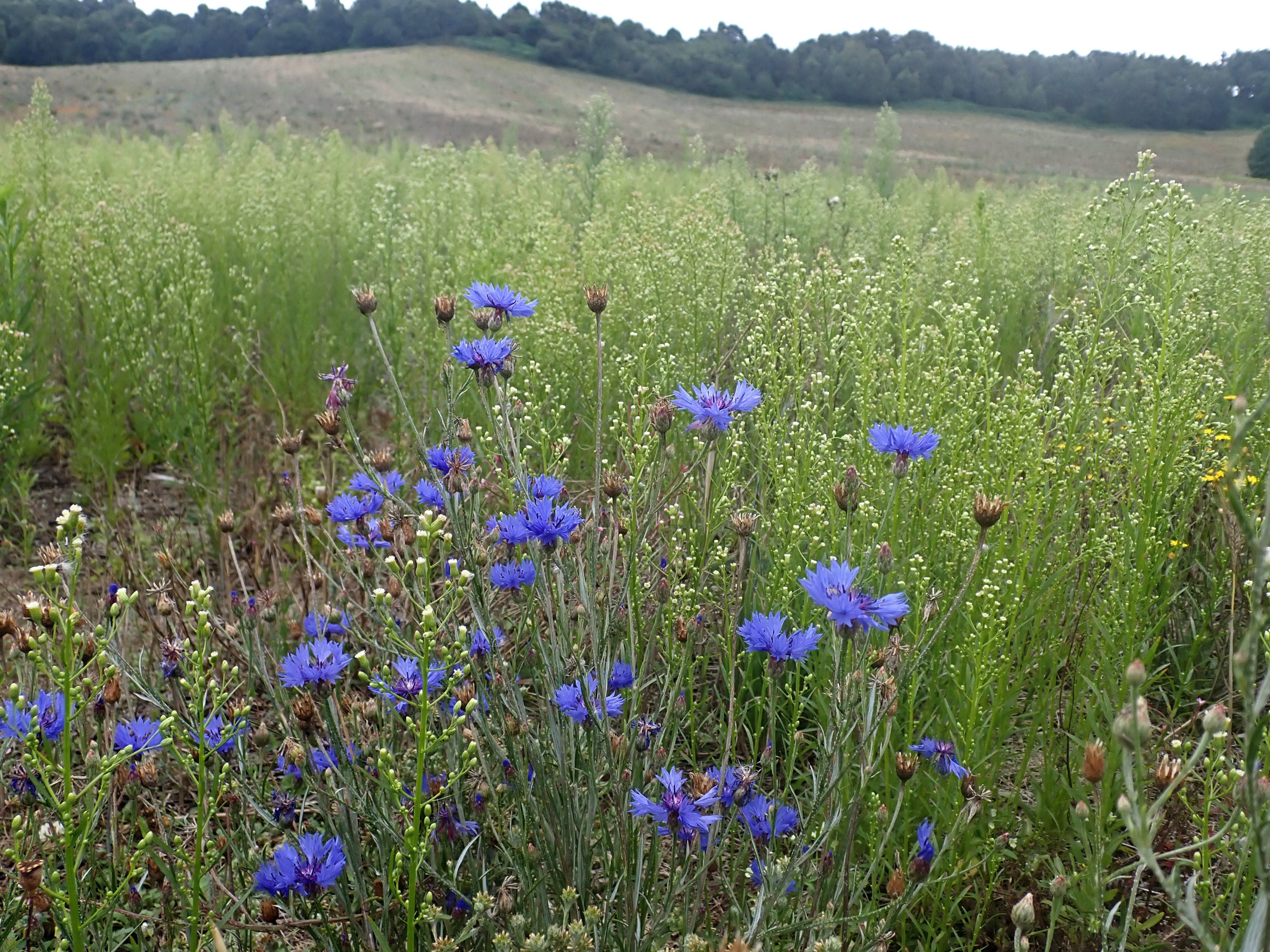Help butterflies and moths to boost your own mental health, public told
Even a short amount of time spent in nature can alleviate stress and leave people feeling happier, reports Joe Sommerlad


The British public is being encouraged to do more to help the nation’s butterflies and moths this spring as part of a scheme that aims to boost both conservation efforts and the mental health of its participants at the same time.
The Nature for Nurture project is being led by the charity Butterfly Conservation, in partnership with Dobbies Garden Centres, and aims to provide those venturing out into nature with the tools and information they need to support the species and encourage pollination.
The campaign is timely given that 76 per cent of the UK’s butterfly species have declined over the last 40 years, according to Butterfly Conservation, which also warns that the UK’s moth numbers have fallen by more than 30 per cent since over the last half century.
Although last year’s annual UK Butterfly Monitoring Scheme reported the third good year in a row for British butterflies, just under a third of species assessed showed long-term declines.
The ongoing shortfall is worrying for wildlife as a whole, the charity says, because the insects serve an integral role not just in facilitating pollination but in sustaining the countryside ecosystems that support Britain’s wild birds and animals.
Butterfly Conservation is hoping to capitalise on data collected during last year’s first coronavirus lockdown, which pointed to an uptick in interest in wildlife among the population as more and more people took to green spaces in search of recreation and relief from confinement in their own homes as the pandemic swept the country.
One study carried out by the University of Cumbria found that 83 per cent of respondents said they had taken time out from walks to notice butterflies and bees fluttering around the hedgerows and thickets during the initial Covid-19 lockdown a year ago.
Even a short amount of time spent in nature can alleviate stress and leave people feeling happier and more energised, Butterfly Conservation says.
“As spring finally arrives, we can all do our little bit towards helping butterflies, wherever we live, in the knowledge that it’s helping our mental health too,” said Dr Kate Dent, the charity’s director of engagement.
“Whether it’s caring for herb seedlings in a window box, planting wildflowers in your garden or learning afresh how to breathe and feel the gift of nature in our local green spaces.”
Dr Amir Khan, an ambassador for Butterfly Conservation, agreed: “We must remember how our increased connectedness with nature during the warmer months of last year really helped us.
“Like a butterfly that exists as a tiny egg over winter, the promise of spring has been with us during the winter months and now it’s back there’s plenty we can do to feel inspired by and part of the wildlife around us.”

Gardeners are advised to stop using pesticides at home, grow a broad array of flower species and to leave out a saucer of water to encourage pollinators to thrive.
The plight of Britain’s butterflies was investigated last summer by scientists from the University of Cambridge, who conducted a study of 4,000 caught in handheld nets that involved taking their temperatures in order to gauge the impact of climate change on their lifestyles.
The researchers found that bigger and paler butterflies such as the Large White and Brimstone were among the species best able to adapt to temperature rises because they could angle their large, reflective wings in relation to the sun to ensure they remained cool.
But more colourful species like the Peacock and Red Admiral appeared to struggle, meaning ongoing global heating poses a clear threat to their survival.
The problem is by no means confined to the UK, with the Monarch butterfly under particular duress in the southwestern US and Mexico and facing extinction.
But Nature for Nurture is not the only initiative offering help.
Buglife and Defra teamed up in summer 2020 to promote a national network of linked wildflower highways to support butterflies, moths, bees and other insects suffering from human incursions into their natural habitats.
That scheme was designed to create a vast interconnected web of “B-Line” wildflower habitats across the country, identifying locations where creating a new habitat might be ideal to encourage pollinators and arrest the catastrophic declines in their numbers.
Join our commenting forum
Join thought-provoking conversations, follow other Independent readers and see their replies
Comments